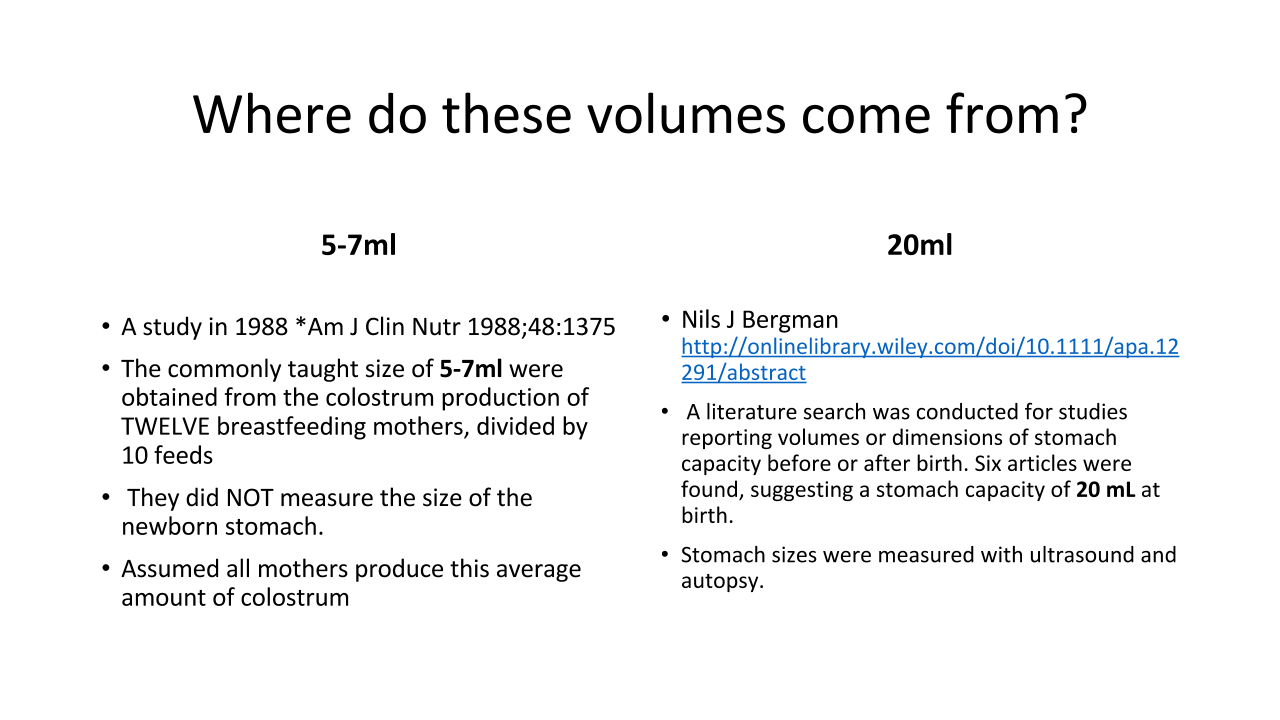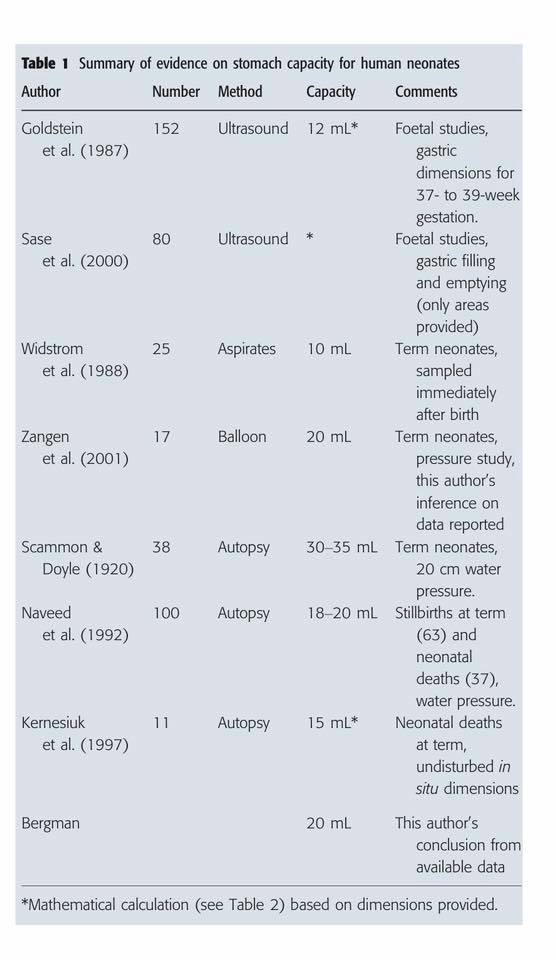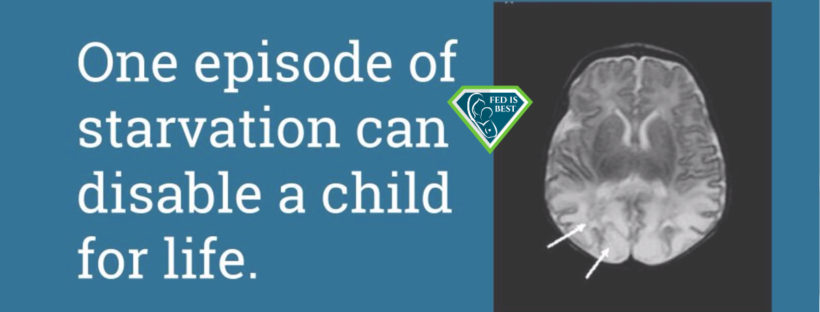Written by Holly Lake
I wish I had known about the Fed Is Best Foundation before my 1st son was born. I felt enormous pressure to exclusively breastfeed at my hospital. My son was born at 37 weeks, weighing 5 pounds,13 ounces and he struggled to latch-on and breastfeed at each feeding. When I told the midwife, she came back with a leaflet which described how to hand express. She told me to express 1 mL of colostrum into a syringe and feed that to my baby whenever he struggled to latch. I asked her if 1 mL was enough and she said it was because his tummy was very small and this amount would be fine until my milk came in. Note: 1 teaspoon equals 5 ml.


I was discharged hours later not feeling confident my baby was getting enough colostrum. A midwife came out to see me at home on day 3 because I said I was worried about his feeding. He became extremely yellow (jaundiced), not very responsive (lethargic) and would let out random high pitch screams and would sleep all of the time and never wanted to feed by this time. He also would have random body spasms which doctors shrugged off as normal baby reflexes (later we found out different). The midwife said I could wait and see how he did overnight or go to hospital. I chose to take him to the hospital. When arriving, we found that he had lost 12% of his body weight and his blood sugars levels dropped dangerously low to 0.2 mmol/L (4 mg/dL) and he was jaundiced. Continue reading





